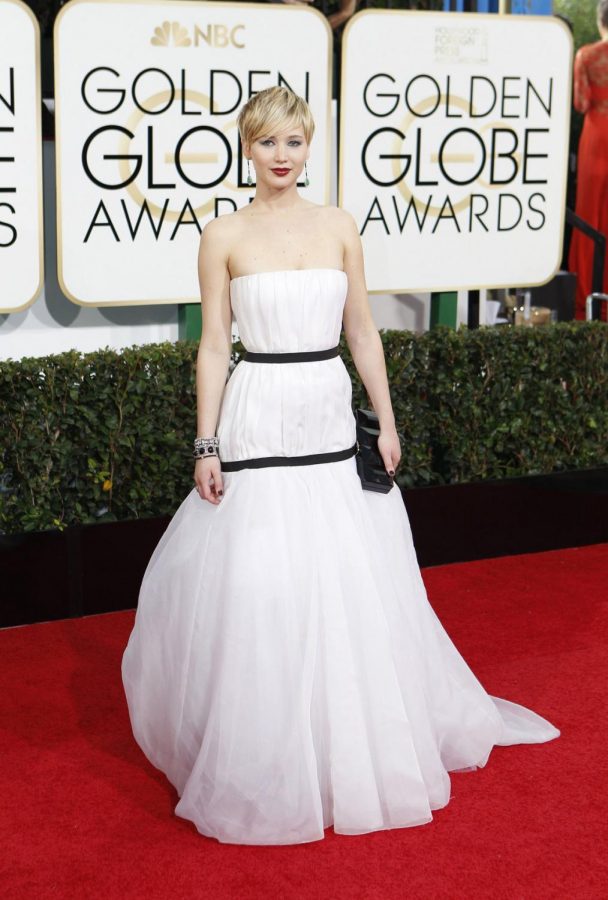Leaked celebrity photos contributes to degradation of women
Gossip columnists and online journalists haphazardly-masked their shock and excitement that an unclothed Jennifer Lawrence was finally on display, not-consensually might I add.
At this point, if you haven’t heard about “Celebgate,” then you are probably living under a rock.
(Sidenote: when will the media stop adding –gate to the end of every scandal?)
Even though I’ve heard more than my fill of opinions on the nude photos that were stolen from around 100 people, mostly female celebrities, it’s my duty to add one more opinion to the feminist commune.
As a member of the media, I’m saddened by the way other journalists have handled this situation. Look where the exigency was placed in nearly every article during the first few hours of the story “breaking”—as if it’s breaking news that female celebrities are human beings with female anatomy.
Gossip columnists and online journalists haphazardly-masked their shock and excitement that an unclothed Jennifer Lawrence was finally on display, not-consensually might I add.
Yet, by that evening, the same gossip columnists, like Perez Hilton, and online papers, like The Guardian, were tweeting pleas and writing articles begging readers to not click on the nude photos.
The titles went from cracking jokes about ecstatic pubescent boys to accusing people of sexual abuse if they dared click on the same photos (which they told you exactly where to find just a few hours before).
On the one hand, writers are clearly feeling the pressure of the rising popularity of fourth-wave feminism.
On the other hand, isn’t that a tad disingenuous?
Answer: it is.
Yet, this disenchanting contradiction is impeccably representative of the incongruous messages society—especially the entertainment industry and the media—feeds people, especially young women, daily.
“We teach girls that they cannot be sexual beings in the way that boys are,” Chimamanda Ngozi Adichie said in her now Beyoncé-famous “”We should all be feminists” TEDx talk.
We advertise lingerie to young girls, then stigmatize those same girls who happen to develop faster than others. Magazines featuring scantily-clad celebrities and models, mostly females, fly off the shelves. Yet, when private, sensual photos are stolen from a celebrity’s personal device, we freak at the thought of celebrities expressing and enjoying their own sexuality.
Thankfully, celebrities like Seth Rogen, Lena Dunham and Emma Watson have fired back in support of celebrities who were violated.
The problem is bigger than Hollywood, though. Jennifer Lawrence, Kate Upton, Hope Solo and the others will recover. Young girls who already receive enough negative messages about their bodies won’t.
It’s disappointing to think that this scandal will probably only be used in a campaign to warn young adults about sexting. I hope the media, educators and advocates for young people will take this unfortunately brought about opportunity to articulate the definition of consent and the importance of respecting a human being’s body, property, and personal choices.
After all, celebrities: they’re just like us!







